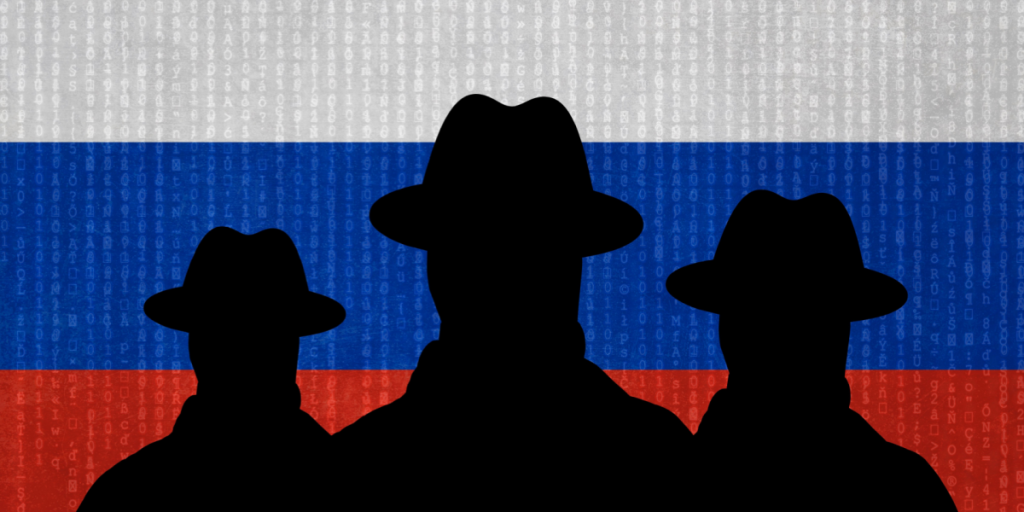The ruling referenced repeated attempts by Chinese and Russian state-backed hackers to infiltrate UK systems.
Others are reading now
The ruling referenced repeated attempts by Chinese and Russian state-backed hackers to infiltrate UK systems.
It Is Legal

In a landmark decision, a British employment tribunal has ruled that companies involved in national security have the legal right to exclude Chinese and Russian workers from sensitive roles.
The judgment comes amid growing concerns about foreign espionage in sectors tied to defence infrastructure.
Espionage Fears Justify Hiring Restrictions, Judge Says

Employment Judge Richard Baty concluded that fears of state-backed cyberattacks were valid grounds for refusing to hire nationals from “hostile” countries.
Also read
He named China, Russia, Iran, and North Korea as states of concern, citing their links to repeated cyberattacks against Western nations, including members of the Five Eyes intelligence alliance.
Case Sparked by Chinese Scientist’s Job Rejection

The ruling follows a complaint by Chinese scientist Tianlin Xu, who was denied a high-level role at Binary AI, a London-based firm contracted by UK and U.S. defence departments.
Xu accused the company of racial discrimination, saying she was stereotyped and stigmatised for her nationality.
AI Firm Warned by Government Not to Hire Chinese Nationals

Binary AI, which develops AI systems to secure sensitive software, had reportedly been warned by British defence officials not to hire foreign nationals from countries linked to cyber espionage.
The firm’s founder, James Patrick-Evans, rejected Xu’s application, citing national security risks.
Race Was Not the Issue, Security Was

The tribunal dismissed Xu’s complaint, agreeing that the hiring policy was driven by classified security concerns.
Judge Baty noted that Xu would have been unable to obtain the necessary clearance due to her citizenship, and that Binary AI was simply following the advice of its government clients.
Targeted Nations Behind Attacks on UK Infrastructure

Baty’s ruling referenced repeated attempts by Chinese and Russian state-backed hackers to infiltrate UK systems, from 5G networks and NHS databases to water and energy infrastructure.
“It is imperative,” he said, “that these systems are protected from malicious actors seeking political leverage or intelligence.”


